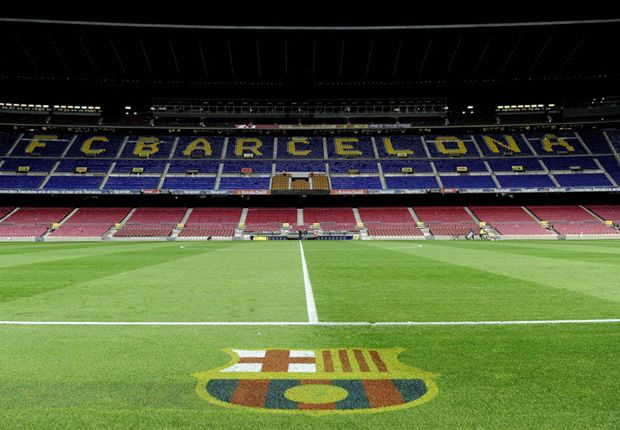11 on the field,
more than 300 million cheering them on. #WorldCup #USMNT – this was Barack
Obama’s tweet minutes before the start of the USA’s first World Cup match
against Ghana.
With over 43
million followers, the US President’s Twitter account is the third most
followed. No need to stop reading to look up who precedes him. I’ll save you
the hassle. It’s Katy Perry and Justin Bieber. Ah, well, who else? Yes, more than 50 million users
waste screen space everyday reading gems like “Da rum punched me in da face”
(now you can sob quietly). I really hope for her sake she was actually drunk
when she wrote that.
Footballers make
another breed of avid social media users. A much-followed Facebook page or
Twitter account are a must for any strong brand. Just take the unprecedented amount
of online adverts and clips gone viral in the past month. All because the
timing is particular. The World Cup is the ultimate opportunity for online
engagement , whether through sharing statistics or debating whether Rooney is still
able to take a simple corner kick. Speaking of which, the England forward has a
decent crowd of 9 million followers on Twitter.
Meant now not snow
— Wayne Rooney (@WayneRooney) June 15, 2014
Gutted to lose game last night. We move on to Uruguay now. We have to believe snow stay positive
— Wayne Rooney (@WayneRooney) June 15, 2014
Rooney couldn't even spell properly after the defeat to Italy.
Social media
gives the idea that the barriers between athlete and fan have been brought
down, notwithstanding that an army of experts and PR gurus might be behind
every tweet or post. And yet, despite their abundant entourages of advisers,
star footballers still try their best to end up in the deep end of some
controversy through their overzealous use of technology. Whether it’s a
wrongly-timed selfie, a misplaced comment, or typing in a bout of rage
following exclusion from the starting line-up, the slightest slip-up could land
them in trouble, sometimes with their own employers.
During the London
Olympics, Swiss footballer Michel Morganella was sent home for tweeting racist
remarks about his Korean opponents. He was not the only one. A Greek triple
jumper did not even make it to the opening ceremony – he had already posted
some other racist remark.
In Brasil, where
the squads have to travel endlessly between their training bases and the
different stadia they are playing in, players have time to kill. Which is why
photos of bus rides and flights are the most common. In reality, in-between
noble thoughts for some feel-good initiative (slipped in by the PR officer) and
a nice word for a colleauge, the most interesting – or amusing – messages are
those which really capture the moment .Which is the whole point of social
media.
Germany’s Lukas
Podolski managed admirably well. With adrenaline still running high following their drabbing of
Portugal, he managed a selfie with none other than Chancellor Merkel. She actually
half-smiled, not knowing whether this was a good idea in the first place. Way to
go Lukas!
US Vice-President
Joe Biden paid a similar visit to the team’s dressing room (probably satisfied
that his President’s tweet had paid off). With his visibly embarrassed daughter
trailing him, he had a chit chat with the still-sweaty lads as they were
preparing to shower. It proved to be good PR, to the extent that it was streamed
on the White House Youtube channel.
You can’t say
theWorld Cup is not a universal event...






